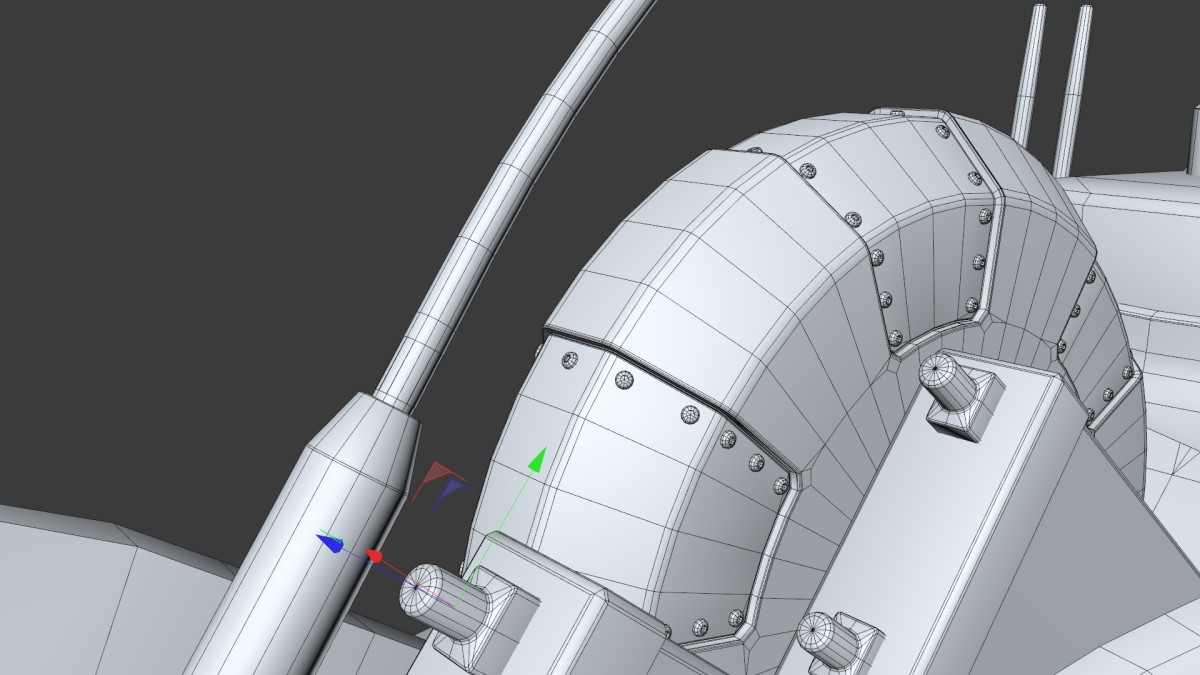This installment looks at the batteries and the battery terminals (to be more specific). We went for a very tough and heavy look, and I think it’s going to work well. Read More
Category: 3D
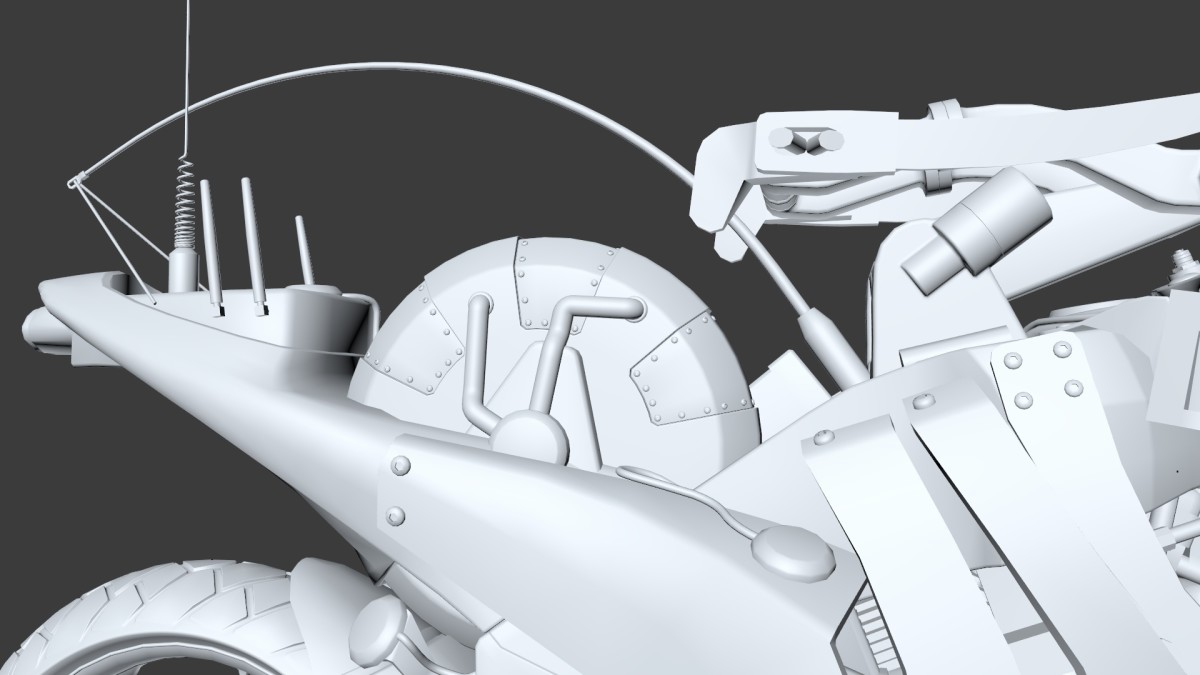
In this installment of the Razorback series, I’m adding additional detail to the already stylized K.E.R.S. housing for the machine.
Initially we create some arbitrary indentations and realign the cabling to fit. While creating the indentations, we ensure that the edges are realistically beveled. Once we’re happy with the indentations, we actually set them up to look like removable panels. Read More
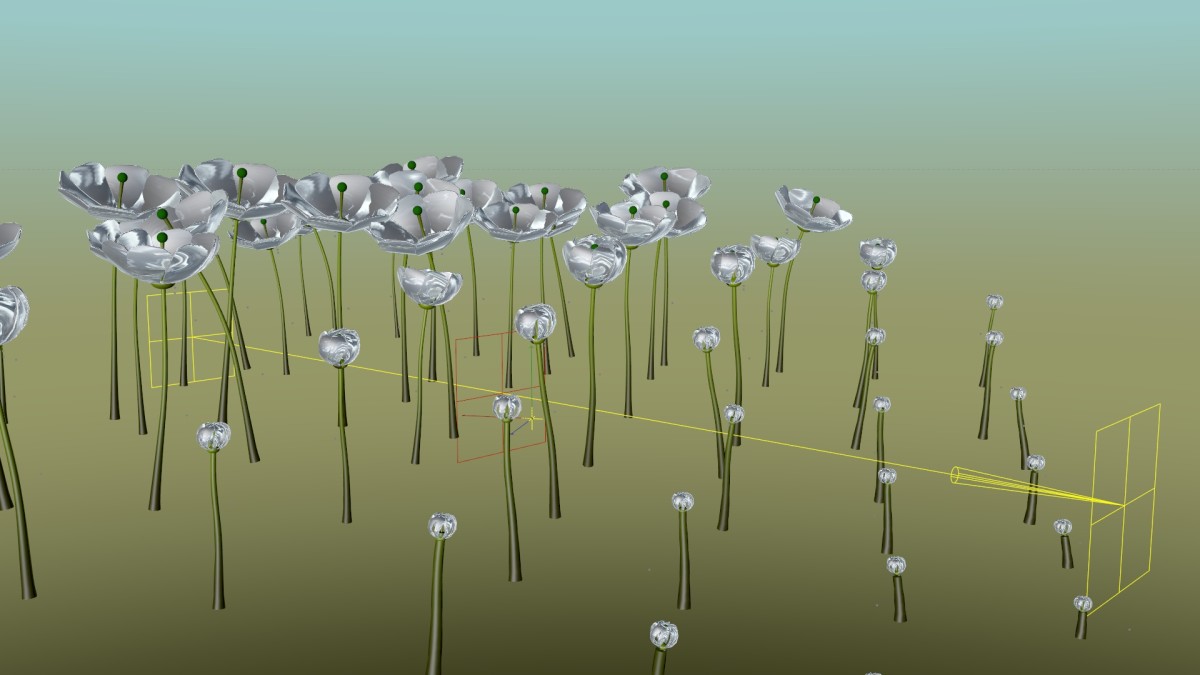
We start this tip by looking at a simple animation of a flower growing/blooming; nothing too amazing. It’s the subject of the video and we take a look at how we can drive its animation timeline using MoGraph and a couple effectors.
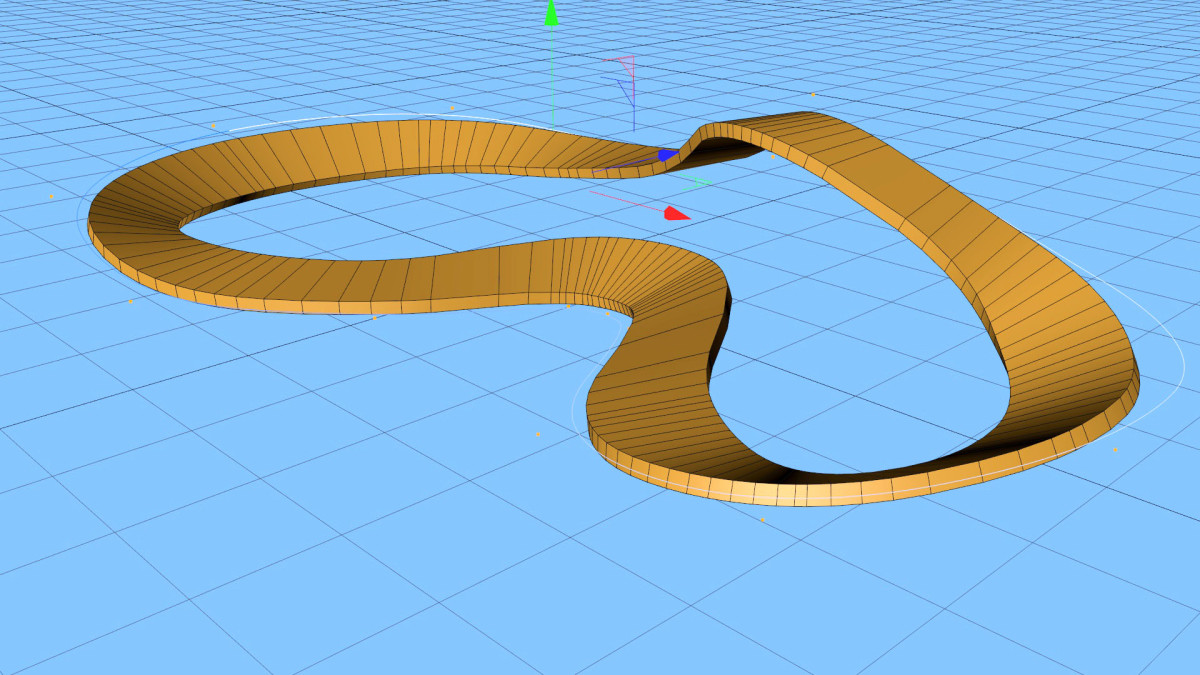
The Extrude, Sweep, and Lathe are very useful objects in any 3D program. Cinema 4D lends itself very well to traditional designers, mainly due to the fact that it effortlessly imports Bezier splines from Illustrator. So, we can use splines drawn in Cinema 4D or in another program to Extrude or Sweep; but what happens when we need more control over the details of the generated object? Read More
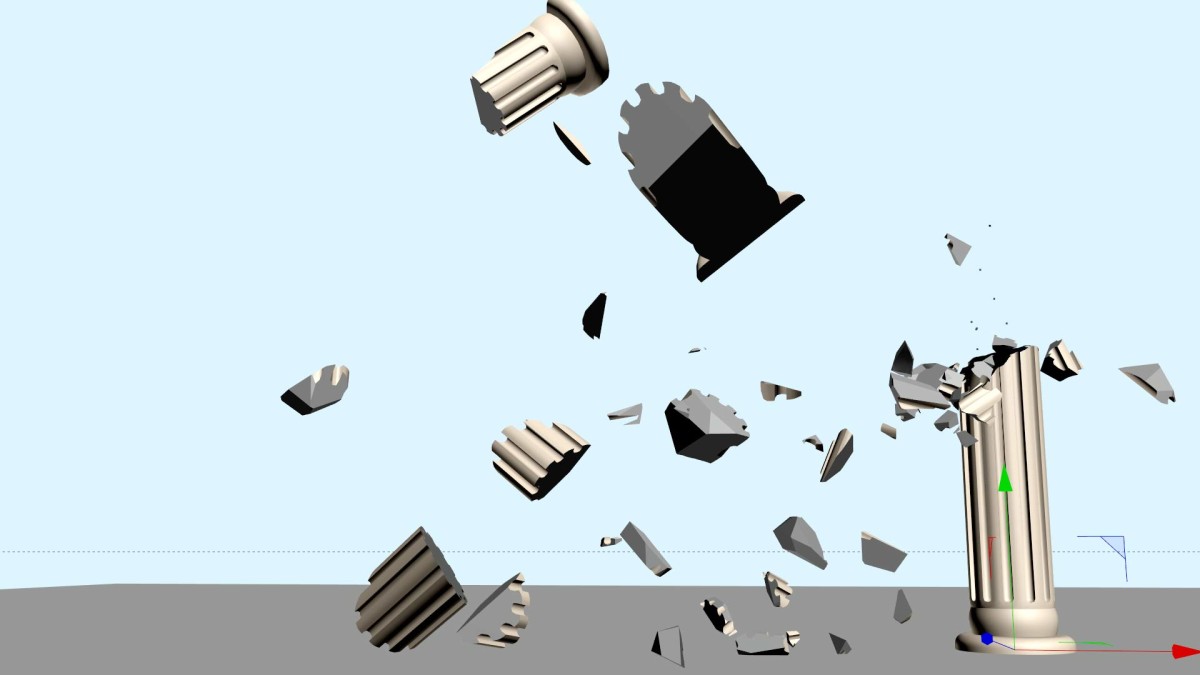
This video covers quite a lot. It doesn’t really belong in the Five Minute Tips section due to the length, but there are always exceptions to the rule. Read More
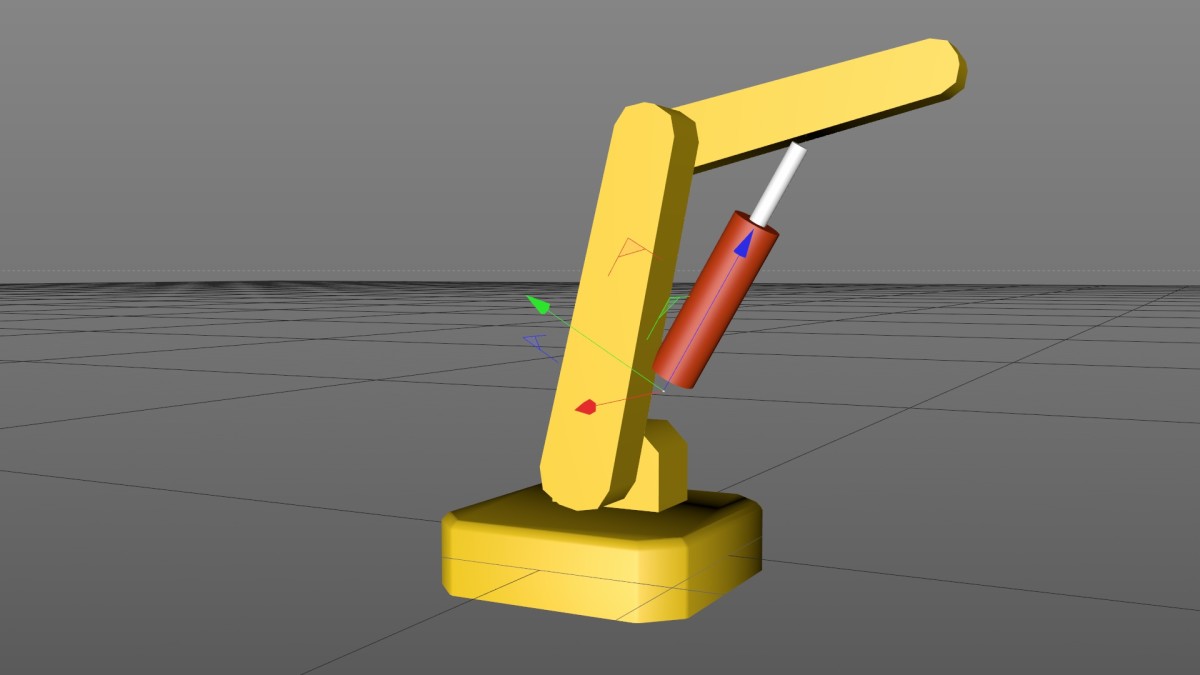
Cinema 4D has a lot of options if you want to rig your objects to obey simple constraints. In the latest versions, you can use Expresso, character animation tools, and some other miscellaneous rigging tools. The tip in this post relies on one of the oldest expressions in the Cinema 4D tool box; the Target Tag. Read More
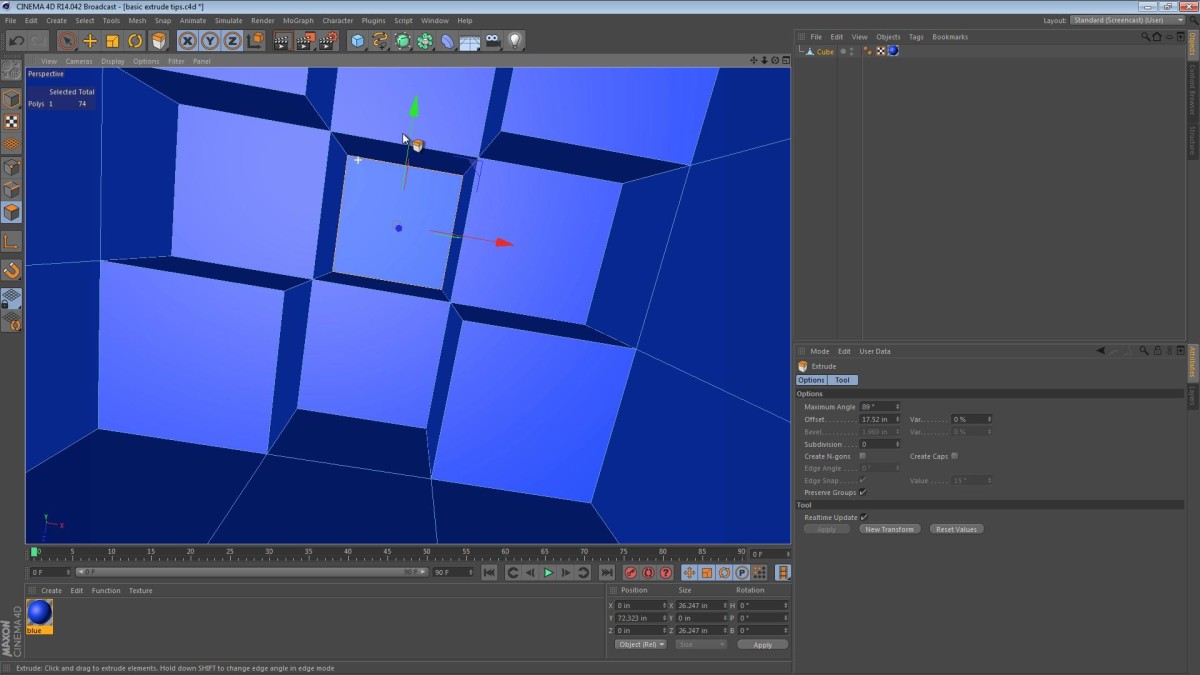
This tip comes to us via one of my viewers. The question submitted was specific to the first example in the video. It had to do with creating an extrusion (inwards) near the edge of a cube—what do we do with the extra polygons, and what’s the easiest way to accomplish this? Unfortunately I don’t have a magic solution, but I can show you how I solve the issue in my own modeling. Read More
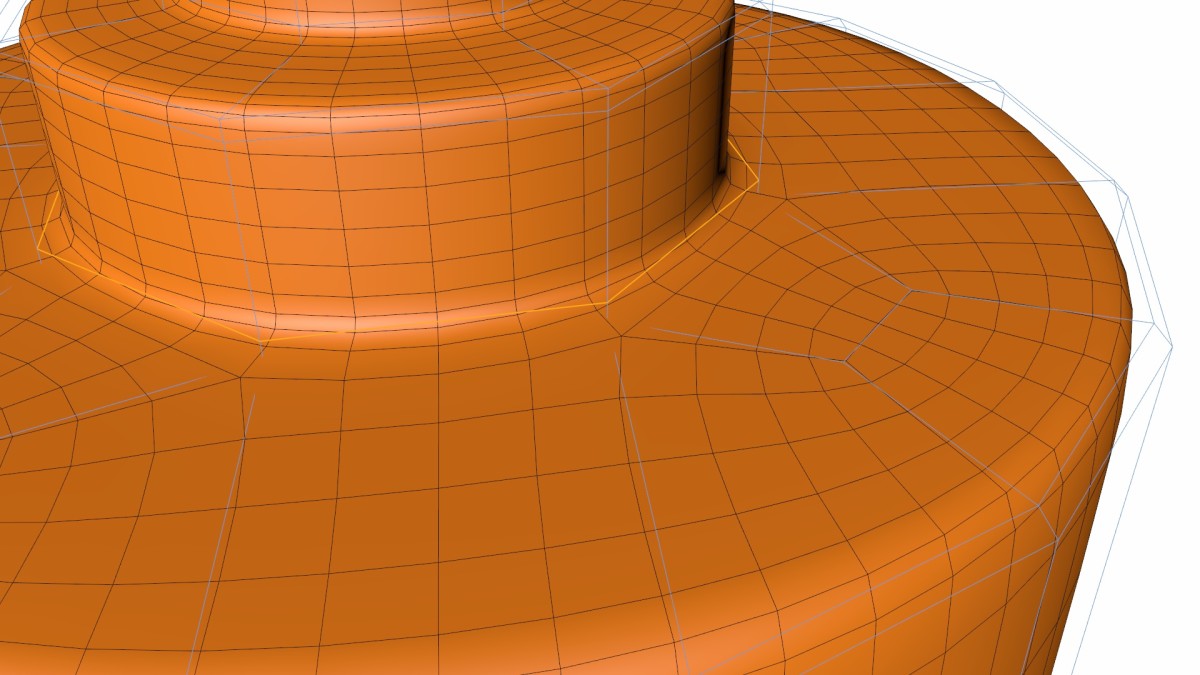
This is one of my longer tips, and it more of a ten minute tip. It focuses on a very simple concept, executed in an elegant manner.
Read More
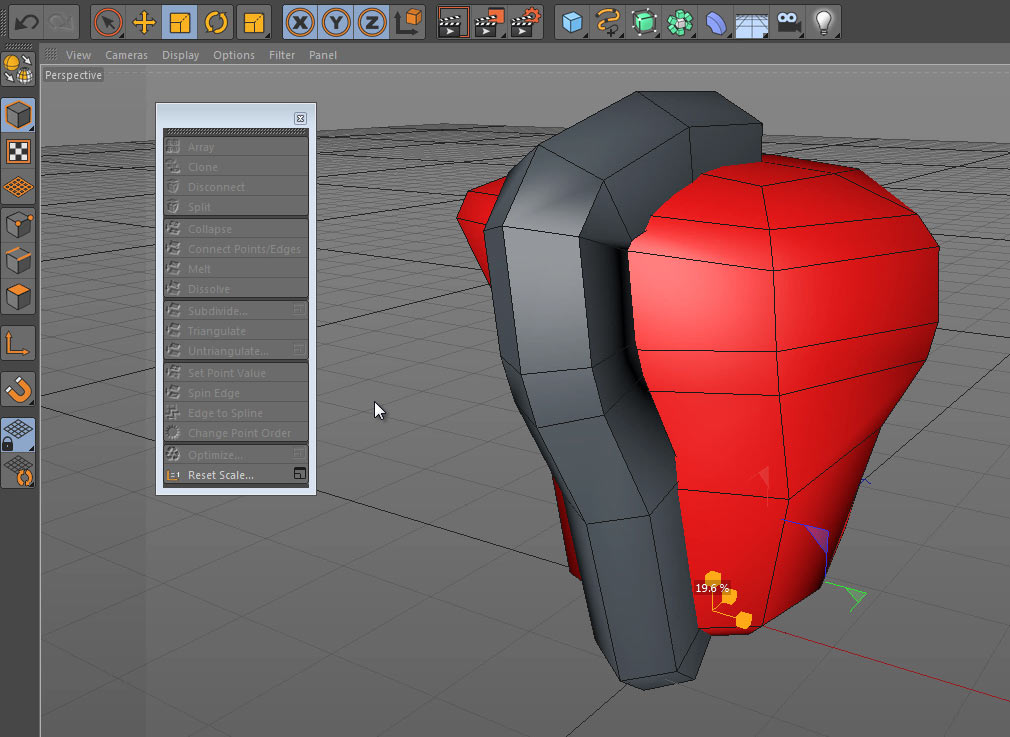
This tip focuses on the relatively simple task of converting some edges to a spline. While this is a simple task, it’s not intuitive or immediately clear that it’s even possible. I hope the video below shows you something new, and that you get to use it on a project in the future.
Read More
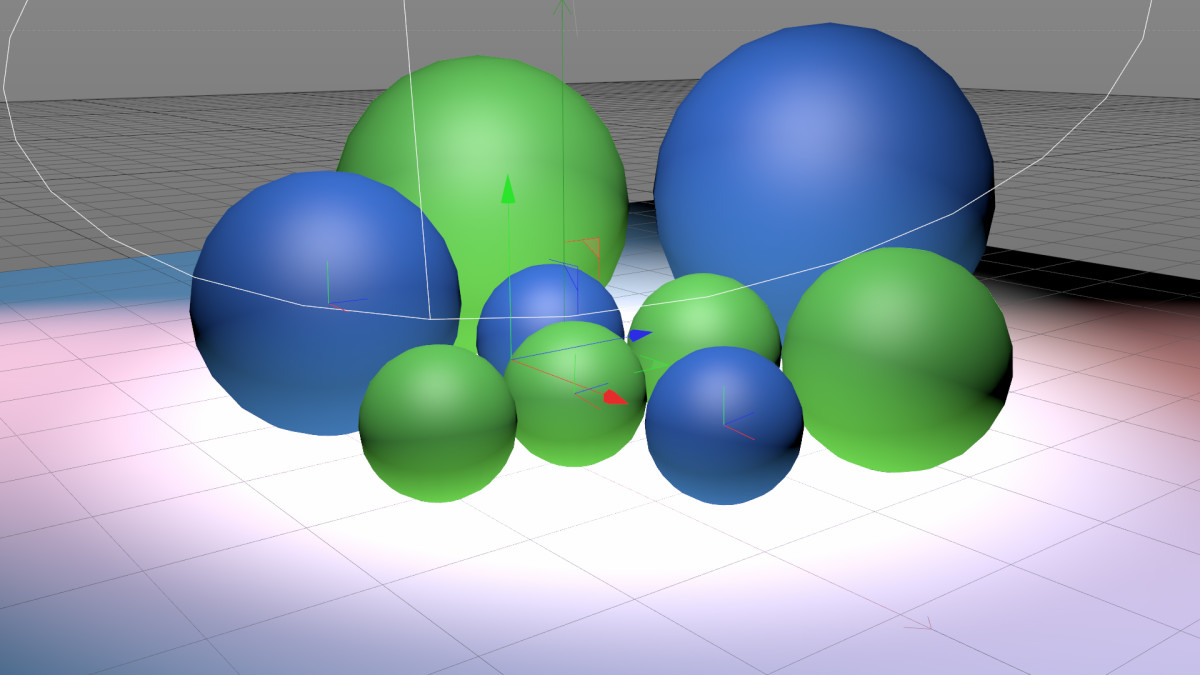
Lighting in Cinema 4D is relatively intuitive and easy. There are a few tools available to us that make it a bit more powerful however. One of these tools (that’s been around for a long time) is the Include/Exclude list for objects in the scene.
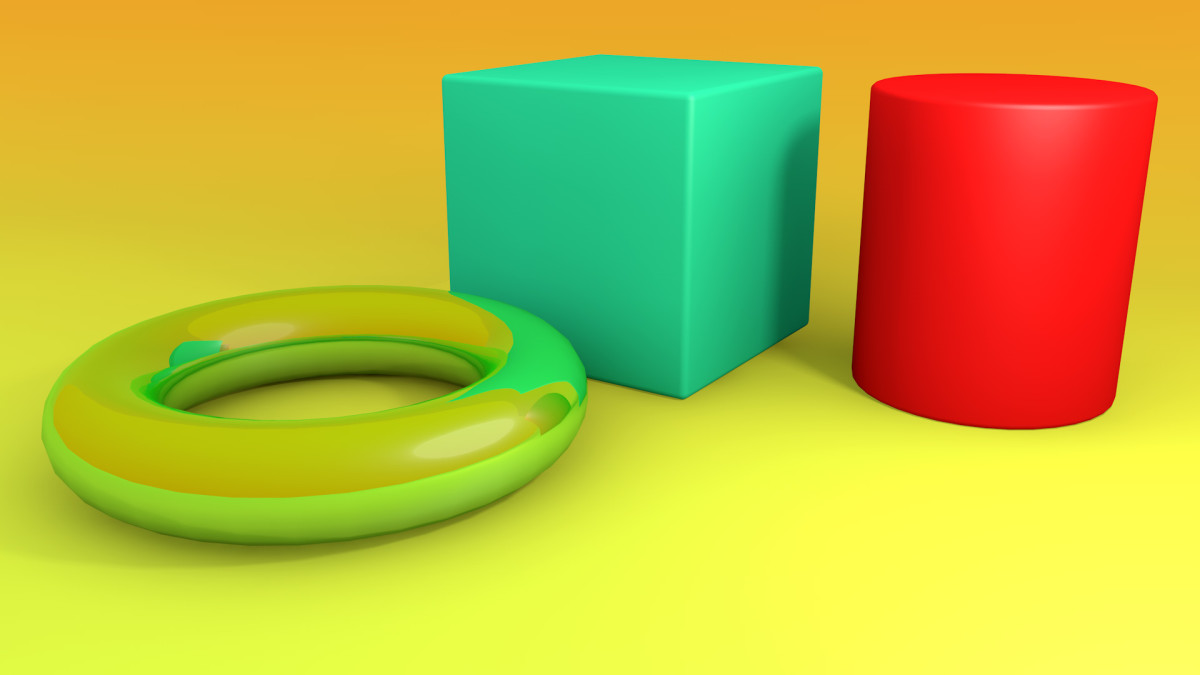
Cinema 4D has a few tricks available for tweaking rendering effects. One of them is the Compositing tag. It essentially allows us to tweak things like reflections, ambient occlusion, and shadows.
Read More
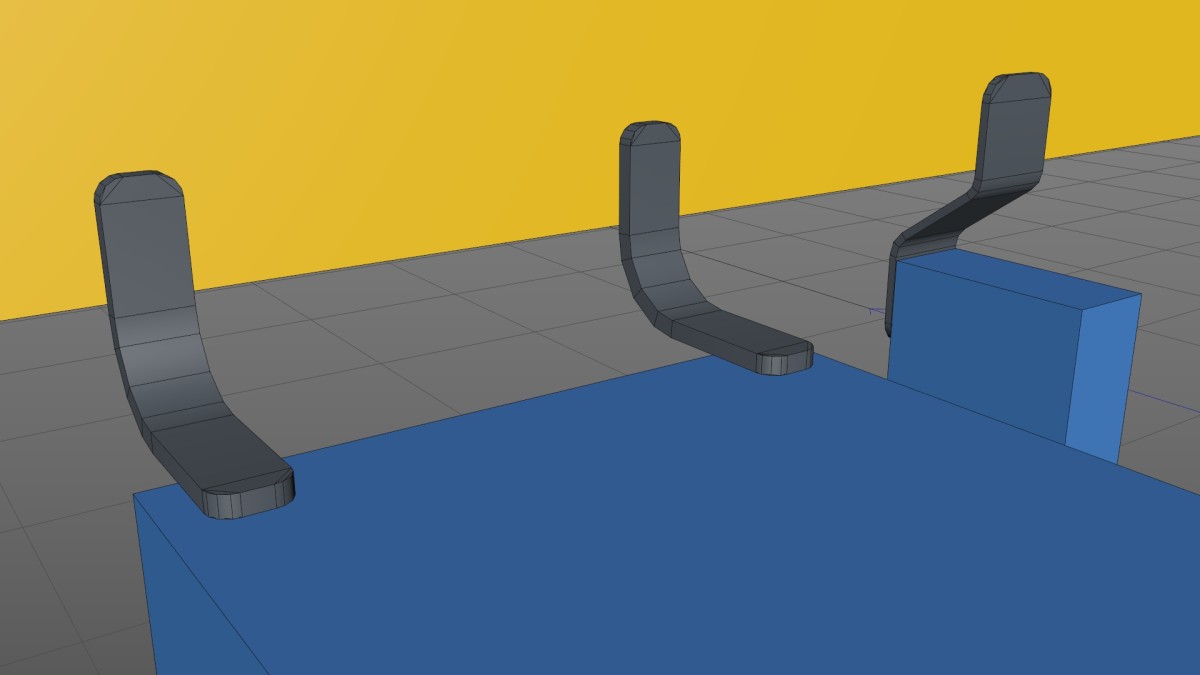
Creating mounting brackets is likely something that many of you consider a boring task; however miscellaneous hardware can be the difference between an ordinary model, and a detailed, convincing model.
The techniques shown below are not meant to be a definitive guide to creating mounting hardware, but rather a peek into one of the techniques I use. I’m sure there might be better or easier ways, and if there are then I would love to hear about them!
